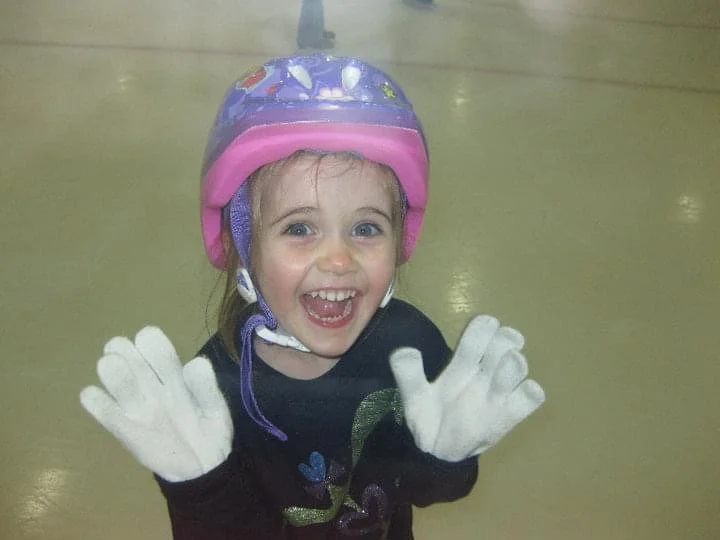Kamila Valieva adds short program winner to her controversial role
/How do you watch with any pleasure an Olympic event in which the International Olympic Committee has all but called one of the competitors a pariah?
Not just any competitor, but Russian figure skater Kamila Valieva, the one who has been favored to win the gold medal in women’s singles, which remains possible after she won Tuesday’s short program.
One whose presence in the event was so controversial the IOC declared there would be no medal ceremony for it anytime soon, and perhaps not for months, should Valieva finish in a medal position.
That there would be a similar delay in the presentation of the medals from last week’s team event, in which Valieva helped the Russian Olympic Committee team finish first while making history as the first woman to land a quadruple jump at the Olympics.
Waiting for Valieva to skate, as the 26th of 30 in the short program starting order, could anyone really give the others the attention their skating deserved?
Read More





